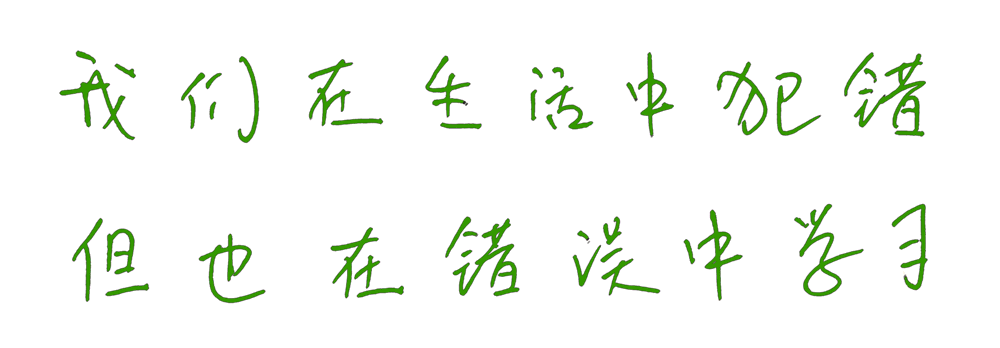Furthermore, when matters are sufficiently in place, despite them not being perfect, we must take action and not be afraid of making mistakes. “The only man who makes no mistakes," Teddy Roosevelt once said, "Is the man who never does anything."
However, there is this other extreme perspective, a philosophy centered on a motivational, shoot now and aim later, "not giving a f---" bent. Not only are mistakes expected, but they are also encouraged, and if necessary, even manufactured. Rich and famous people are often quoted to promote such behavior without context or background.
"If one gains victory in battle and is successful in attacks, but does not exploit those achievements, it is disastrous. This is called waste and delay." Sun Tzu's Art of War [12.07]
"No miscalculations mean the victories are certain, achieving victory over those who have already lost." Sun Tzu's Art of War [04.10]
"Those skilled in warfare establish positions that make them invincible and do not miss opportunities to attack the enemy." Sun Tzu's Art of War [04.11]
"Therefore, a victorious army first obtains conditions for victory, then seeks to do battle. A defeated army first seeks to do battle, then obtains conditions for victory." Sun Tzu's Art of War [04.12]
"One who knows when he can fight, and when he cannot fight, will be victorious." Sun Tzu's Art of War [03.18]
"A smaller army that is inflexible will be captured by a larger one." Sun Tzu's Art of War [03.12]
"To march over a thousand kilometers without becoming distressed, march over where the enemy is not present." Sun Tzu's Art of War [06.05]
"Contemplating the advantages, he fulfills his calculations; contemplating the disadvantages, he removes his difficulties." Sun Tzu's Art of War [08.08]
"On difficult ground, I press on quickly." Sun Tzu's Art of War [11.52]
"An army does not have constant force or have constant formation. Those who are able to adapt and change in accord with the enemy and achieve victory are called divine." Sun Tzu's Art of War [06.35]
"Do not thwart an enemy retreating home. If you surround the enemy, leave an outlet; do not press an enemy that is cornered." Sun Tzu's Art of War [07.26]


 RSS Feed
RSS Feed